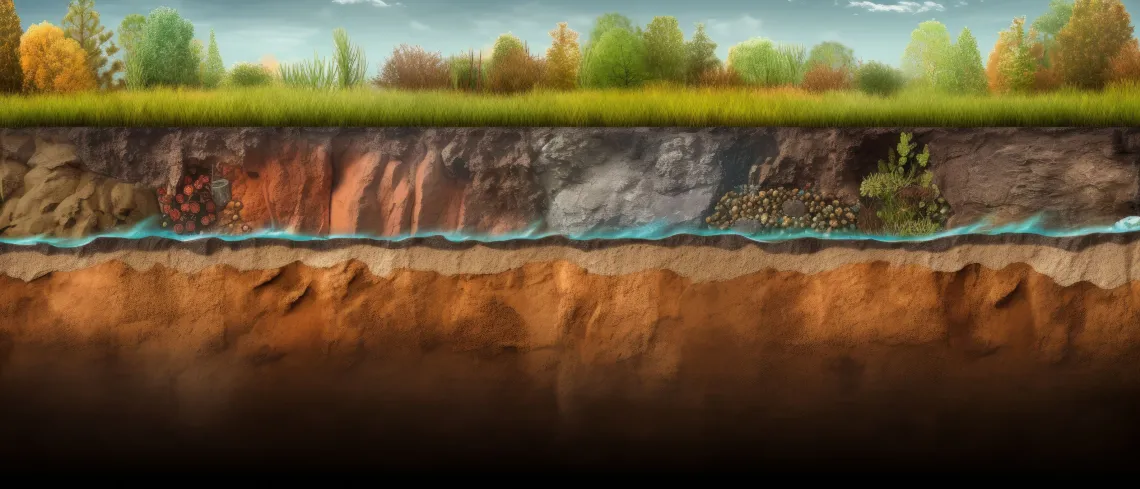
When
Weekly Seminar Format
Available in-person and via Zoom. Contact the department to subscribe to the email list (zoom link provided in announcement).
Abstract
Groundwater is by far the largest liquid freshwater supply on the planet; yet it is often treated as an isolated system and neglected or greatly simplified in earth systems analysis. It is well established that groundwater is an important buffer to hydrologic systems. It stabilizes water supplies across spatial scales and over long time frames. However, these dynamics can be difficult to capture because groundwater surface water interactions are non-linear and vary greatly based on climate, human activity and hydrogeologic setting. This challenge is further exacerbated in changing systems where shifting land cover, extreme droughts and floods can significantly change groundwater storage, discharge and recharge dynamics. Observations of groundwater levels and the hydrogeologic properties that govern flow are sparse both in space and time. This limits the applicability of purely data driven approaches and increases the need for physically based numerical models to help us understand this critical component of the hydrologic cycle. There are an increasing number of national to global scale groundwater models that take a variety of numerical approaches and simplify the system to varying degrees. The integrated models that are best suited to capture changing dynamics and groundwater interactions with the land surface, are also by far the most computationally expensive. This creates a trade-off between the physical complexity we can represent, and the size of the ensembles we can explore (another critical dimension in highly uncertain systems). This talk will explore our current understanding of the role of groundwater in the terrestrial hydrologic cycle and outstanding gaps and simplifying assumptions in the methods we currently rely on. I will cover both the state of the science and the state of groundwater modeling. I will explore the challenges and opportunities for expanding physically based modeling and increasing collaboration with the global modeling community to improve groundwater representation in a range of tools.
Bio
Laura Condon is an Associate Professor with the Department Hydrology and Atmospheric Sciences at the University of Arizona. Research areas of interest include large-scale water sustainability and the dynamic behavior of managed hydrologic systems in the context of past development and future climate change. Studies have demonstrated connections between groundwater depth, soil moisture, land energy fluxes, and large-scale weather patterns; yet few have considered the effect management has on these interactions. Improved characterization of complex system dynamics could provide new avenues for increasing efficiency and minimizing risk. Her work combines physically based numerical modeling with statistical techniques to evaluate large systems using rigorous quantitative methods.

